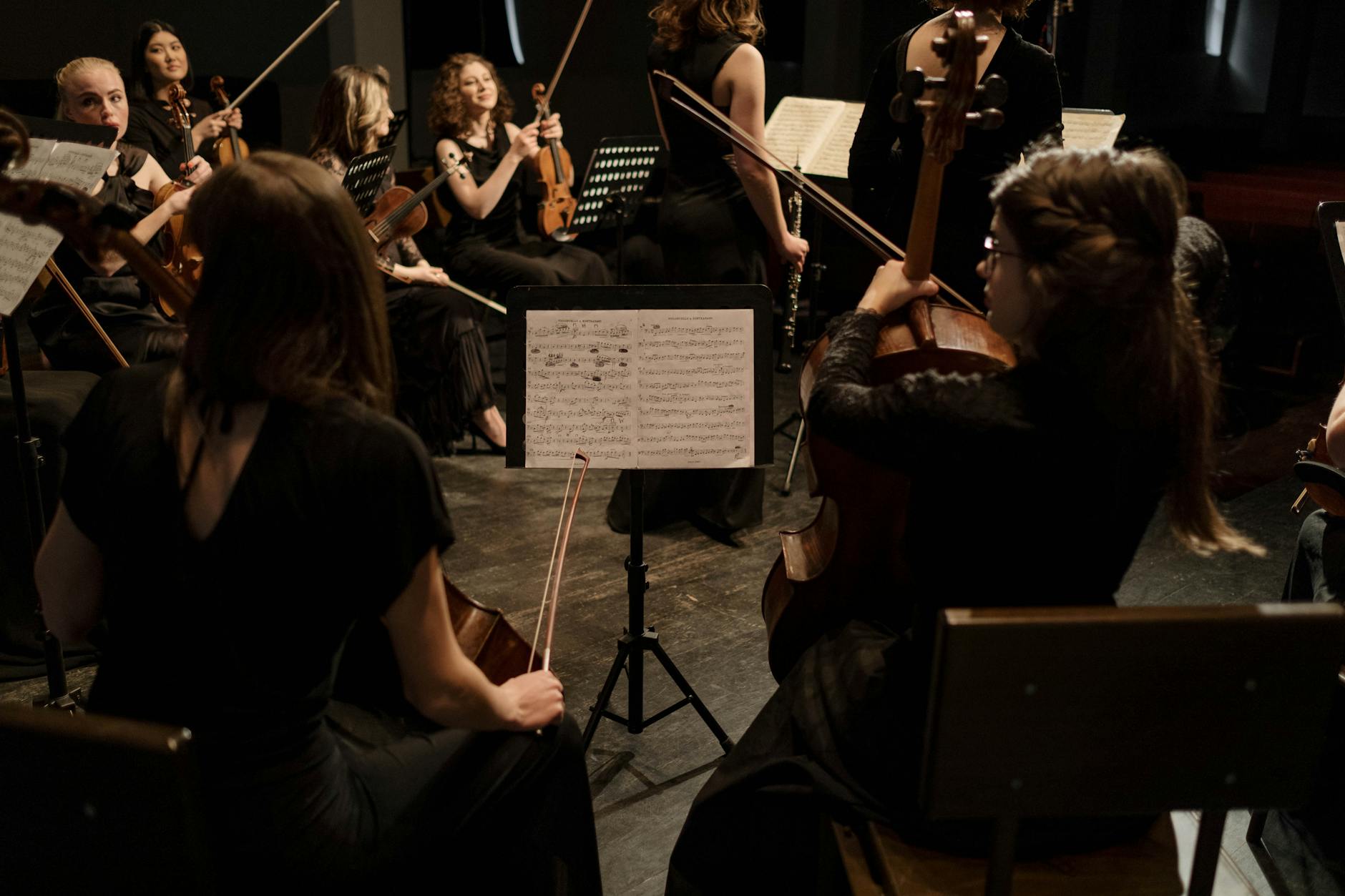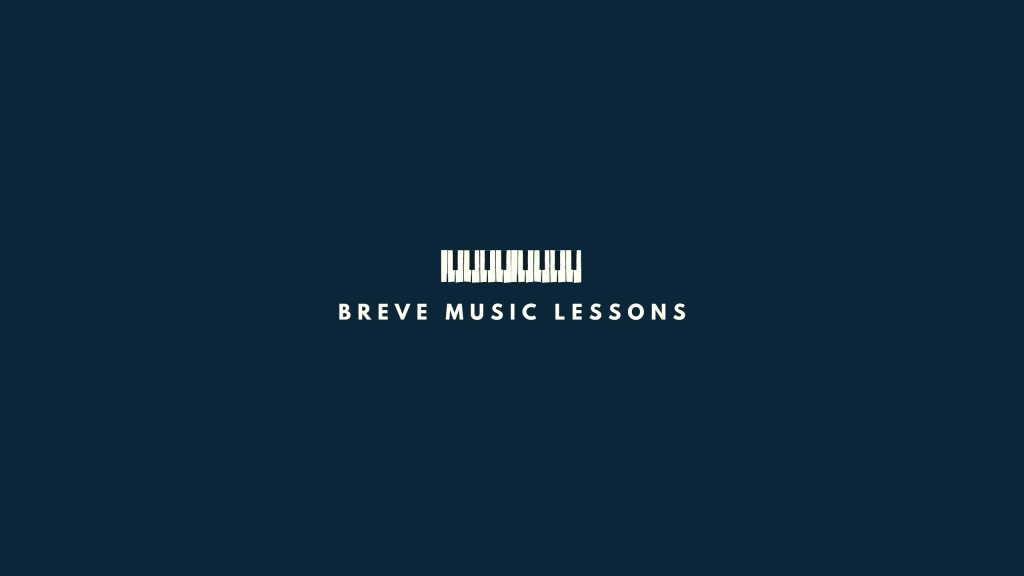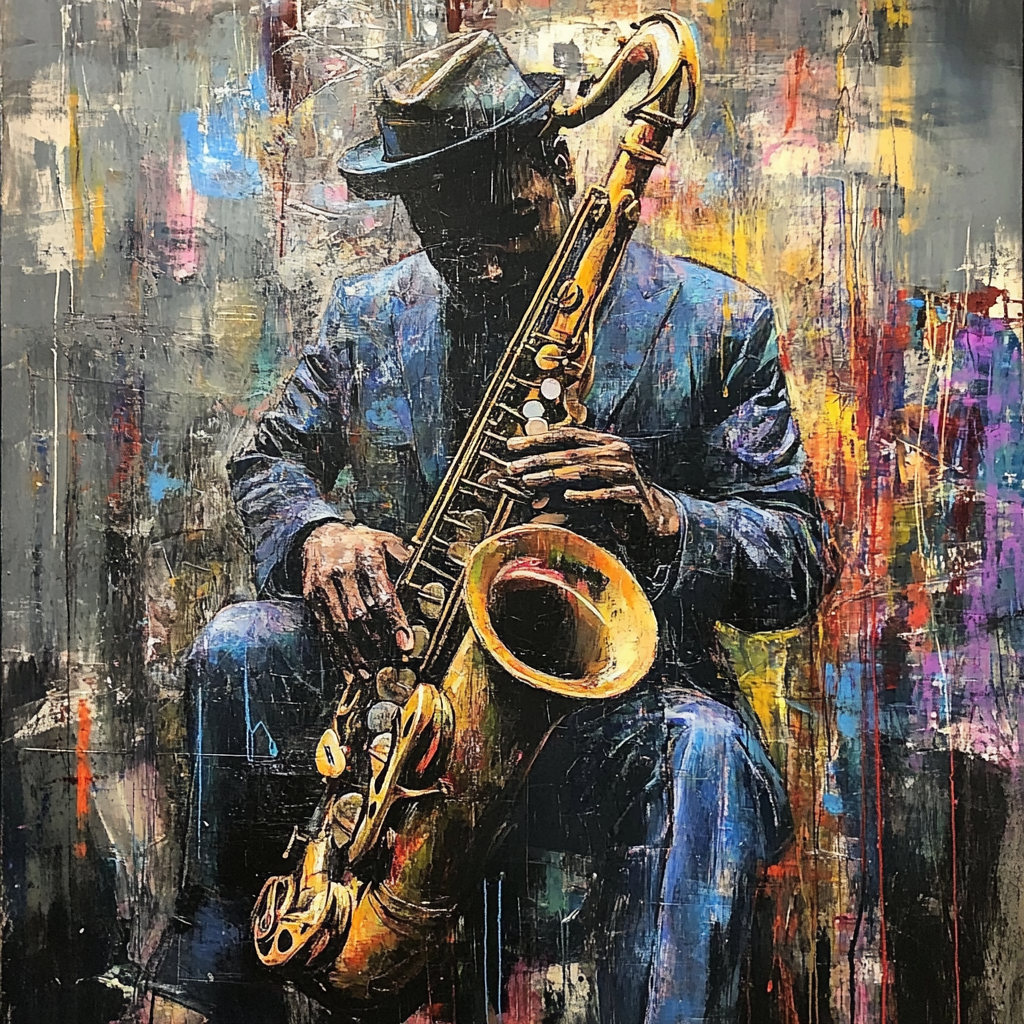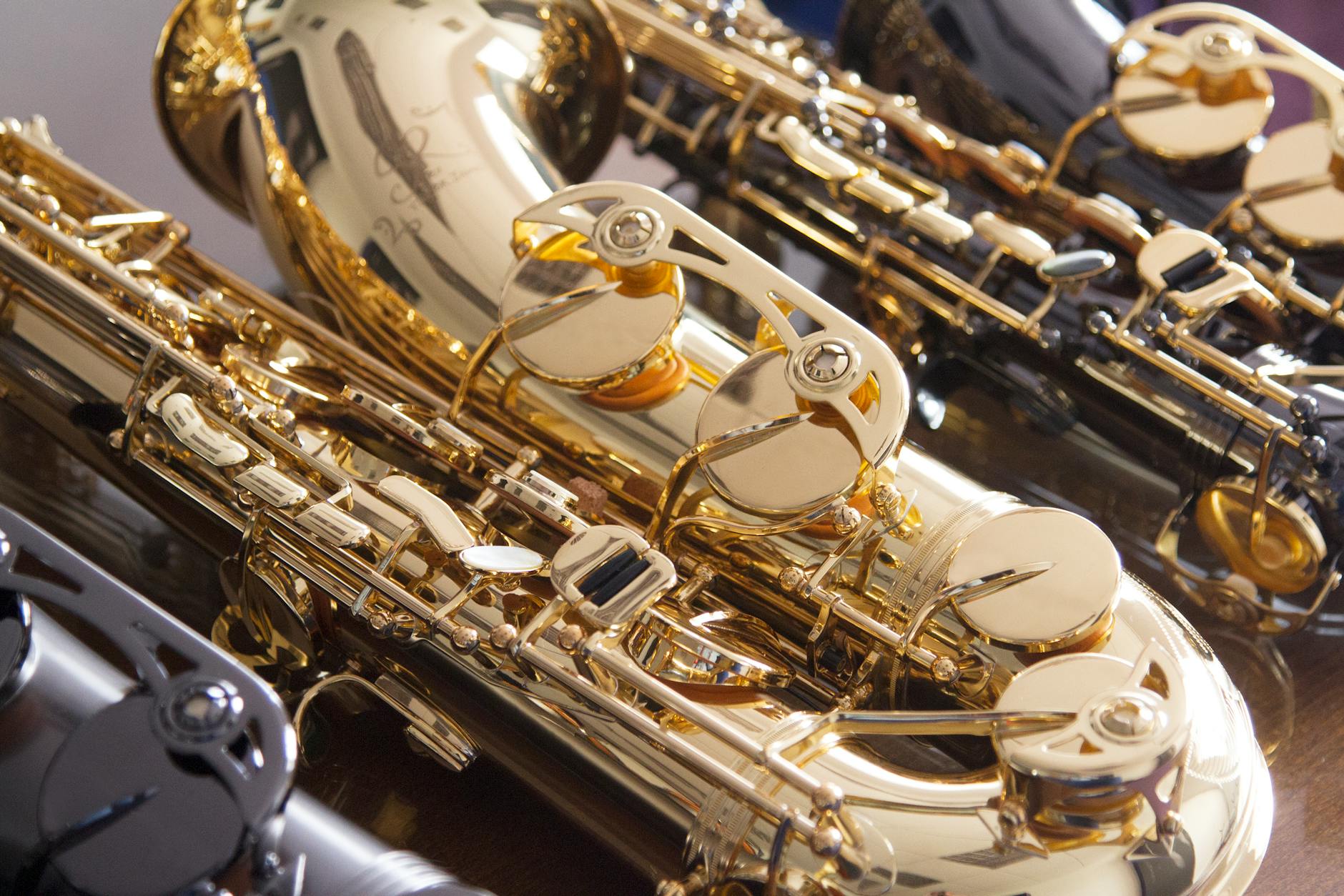Table of Contents
Your Guide To Becoming A Music Major
Embarking on the journey to become a college music major is an exciting and transformative experience. For those who love music and want to immerse themselves in its many facets, pursuing a degree in music can open doors to a variety of career paths. This article will explore what it means to be a music major, the requirements for admission into music programs, the coursework involved, and the potential career opportunities that await graduates.

What is a Music Major and What Does it Entail?
Understanding the Role of a Music Major
A music major is a student who has chosen to focus their college education on the study of music. This area of study encompasses various aspects of music, including performance, theory, history, and education. Music majors often engage deeply with their instruments or vocal techniques, honing their skills to prepare for a career in music. The role of a music major is not only to learn how to perform but also to understand the theoretical underpinnings of music, which can enhance their overall musicianship. Many music students find that their passion for music drives them to explore different genres and styles, allowing them to develop a unique musical identity.
Core Coursework for Music Majors
Core coursework for music majors typically includes a combination of music theory, music history, and performance classes. Students will learn to read music, analyze compositions, and understand the evolution of music through different historical periods. Additionally, many music programs require students to participate in ensembles, such as school bands or orchestras, which provide practical experience in collaboration and performance. Music education majors may also take courses focused on teaching methodologies, preparing them to teach music in schools. The curriculum is designed to provide a well-rounded education that equips students with the skills necessary for a successful career in music.
Different Types of Music Majors
There are various types of music majors, each focusing on different areas of music. Performance majors concentrate on developing their skills as musicians, often specializing in a particular instrument or voice. Composition majors focus on writing music and developing their unique voice as composers. Music education majors prepare to become music teachers, learning how to teach music effectively to students of all ages. Additionally, some students may choose to double major, combining music with another field such as music technology or music business. Each type of major offers distinct opportunities and challenges, allowing students to tailor their education to their interests and career goals.
What Are the Requirements for Becoming a Music Major?
Admission Criteria for Music Schools
Admission to a music school can be competitive, with specific criteria that applicants must meet. Most music programs require a high school diploma or equivalent, along with a strong background in music. This may include participation in school music programs, private lessons, or community music schools. Additionally, prospective music students should demonstrate proficiency in their chosen instrument or voice, as this is often a key factor in the admission process. Many music colleges also consider academic performance and standardized test scores, but the emphasis is typically placed on musical ability and potential.
Audition Process for Music Programs
The audition process is a critical component of gaining admission to a music program. During auditions, students are usually required to perform a selection of pieces that showcase their technical skills and musicality. This performance may be accompanied by an interview where applicants discuss their musical background and aspirations. Some programs may also require students to complete sight-reading exercises or play scales to assess their overall musicianship. Preparing for an audition can be a rigorous process, but it is an essential step for those who want to major in music in college.
Prerequisites for a Degree in Music
Before enrolling in a music program, students may need to complete certain prerequisites. These can include foundational courses in music theory and music history, which provide essential knowledge for more advanced studies. Additionally, students may be encouraged to take private lessons to refine their skills before entering a college music program. Understanding the prerequisites for a degree in music can help aspiring music majors prepare effectively and ensure they meet the expectations of their chosen music school.
What Can You Expect from Music Theory and Composition Courses?
Overview of Music Theory Curriculum
Music theory courses are a cornerstone of any music major’s education. These classes delve into the aspects of music, teaching students how to analyze and understand musical structures. Students will learn to read music, identify chords, and understand scales, which are fundamental skills for any musician. The curriculum often includes ear training, which helps students develop their ability to recognize pitches and intervals. A solid foundation in music theory is crucial for those who wish to write music or pursue advanced studies in composition.
Importance of Music Composition in a Music Major
Music composition is an integral part of a music major’s education, allowing students to express their creativity and develop their unique voice. Through composition courses, students learn how to write music for various ensembles and styles, exploring different genres and techniques. This process not only enhances their understanding of music but also prepares them for potential careers in music production or as composers for film, television, and other media. Writing music can be a deeply rewarding experience, and many music students find joy in creating original compositions that reflect their personal experiences and influences.
How Music Theory Enhances Performance Skills
Understanding music theory significantly enhances a music major’s performance skills. By learning the theoretical aspects of music, students can interpret pieces more effectively and make informed decisions during performances. Knowledge of music theory allows musicians to understand the emotional context of a piece, enabling them to convey its message more powerfully. Additionally, a strong grasp of music theory can aid in improvisation, as musicians can draw upon their theoretical knowledge to create spontaneous musical ideas. Ultimately, the interplay between theory and performance is vital for any aspiring musician.
How Does Music Education Prepare You for a Music Career?
Pathways to Becoming a Music Teacher
For those interested in a career in music education, pursuing a music education major is a natural choice. This pathway prepares students to teach music in various settings, from elementary schools to high schools and community music schools. Music education majors learn about pedagogy, curriculum development, and classroom management, equipping them with the skills necessary to inspire and educate future generations of musicians. Many music educators also participate in school bands and orchestras, providing students with hands-on experience in leading musical ensembles.
Exploring Music Therapy as a Career Option
Music therapy is an increasingly popular career option for music majors, combining a passion for music with a desire to help others. Music therapists use music as a therapeutic tool to address emotional, cognitive, and social needs. To pursue a career in music therapy, students typically need to complete a degree in music therapy, which includes coursework in psychology, therapy techniques, and music. This field offers a unique opportunity to use music as a means of healing and connection, making it a fulfilling career choice for those who love music and want to make a positive impact on people’s lives.
Opportunities in the Music Industry
The music industry offers a wide range of career opportunities for music majors beyond performance and education. Graduates can explore roles in music management, production, and business, where they can apply their knowledge of music in a commercial context. Many music students also find success in areas such as music publishing, artist management, and event planning. The skills acquired during their studies, including creativity, collaboration, and critical thinking, are highly valued in the music business. As the music industry continues to evolve, there are numerous pathways for music majors to carve out successful careers.
What Are the Benefits of Studying Music Technology?
Integration of Technology in Music Programs
Studying music technology is becoming increasingly important in modern music programs. As technology continues to shape the music industry, understanding how to use various tools and software is essential for aspiring musicians and producers. Music technology courses often cover topics such as recording techniques, sound design, and digital audio production. By integrating technology into their education, music students can enhance their skills and stay relevant in a rapidly changing industry.
Skills Acquired Through Music Technology Courses
Through music technology courses, students acquire valuable skills that are applicable in various areas of the music industry. They learn how to operate recording equipment, edit audio, and produce high-quality soundtracks. Additionally, students gain experience with music software, which is essential for composing and arranging music in a digital format. These skills not only enhance a student’s ability to create and produce music but also prepare them for careers in music production and sound engineering.
Career Opportunities in Music Production and Business
The knowledge gained from studying music technology opens up numerous career opportunities in music production and business. Graduates can work as sound engineers, music producers, or audio technicians, contributing to the creation of recordings for artists and commercial projects. Additionally, those with a background in music technology may find roles in music marketing, distribution, and management. The intersection of music and technology is a dynamic field, and music majors who embrace this aspect of their education can find fulfilling careers that align with their passions.
Additional Reading
More blog posts can be found here. Consider following Breve Music Lessons on Facebook.





